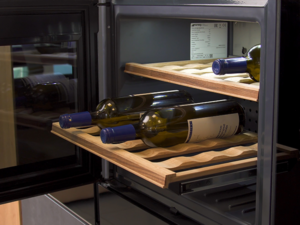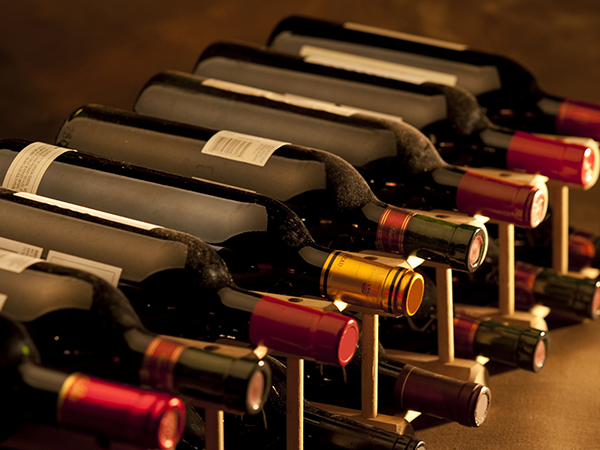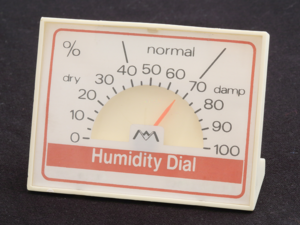When it comes to home winemaking, there are a few things you need to be aware of as the temperatures start to drop this winter. For example, are you storing your wine in the cold? How are you storing your wine bottles? What other kinds of factors is your wine exposed to?
The team at Home Winemaker Depot is here to help you ensure that your wine is properly stored even as the temperature starts to plummet. Read through our tips and for home winemaking supplies, winemaking equipment, and more, visit Home Winemaker Depot today!
Temperature

One of the most important things to be aware of when it comes to winemaking is how temperature can affect your wine. In general, you want to store your wine somewhere that has a consistent temperature between 55–60 degrees Fahrenheit. This will help keep the wine from prematurely aging and will ensure that the flavors are preserved.
However, if you live in an area where the temperatures start dropping below freezing during winter, you may need to take some additional steps to make sure your wine is stored properly. One option is to store your bottles in a refrigerator set to the correct temperature. But as you expand your home winemaking, it’s a good idea to invest in a cold storage unit specifically designed for wine. This prevents cross-contamination with other food along with keeping your wine at the perfect temperature year-round.
While it might be tempting to use the colder weather to your advantage and let Mother Nature cool your wine, it’s also important to avoid fluctuating or extreme temperatures. If the weather dips below 55 degrees, you risk your wine becoming too cold and developing off-flavors. On the other hand, if it gets too hot, your wine could start to ferment again and create unwanted flavors. The temperature in your storage cellar or garage might reach that ideal storage temperature at times, but it’s best to keep your wine in a temperature-controlled space.
Light

Another thing to be aware of when storing your wine is how light can affect it. In general, you want to store your wine in a dark place where there is little exposure to sunlight or fluorescent lights. This is because UV rays from the sun or fluorescent lights can cause your wine to prematurely age and lose its flavor.
One way to protect your wine from light exposure is by using a dark storage box or cabinet specifically designed for wines. Alternatively, you can use brown paper bags to help block out any harmful UV rays. This doesn’t mean you have to store them in complete darkness, just try to avoid exposing them to direct sunlight or harsh fluorescent lights.
During the winter, not only do we experience shorter days but the type of light changes. Both natural and artificial light can prematurely age your wine, so make sure that as the weather shifts, you’re not exposing your homemade wine to direct light.
Wine Storage

As you head into winter, it’s a good idea to evaluate how you’re storing your wine. Are your bottles stored upright or lying on their side? Believe it or not, the direction you store your bottles can have a big impact.
If you use corks to seal your wine bottles, you want to store them on a horizontal wine rack. That’s because keeping your wine bottles on their side helps keep the cork moist and helps prevent it from drying out. If the cork dries out, it becomes more susceptible to air seepage and your wine could spoil prematurely.
If you’re using screw caps or synthetic corks, you don’t have to store them on their side. You can store your bottles upright or on their side. But just like with natural corks, you want to avoid extreme temperature fluctuations.
Humidity

In addition to temperature and light, humidity is another important factor to consider when storing wine. The ideal humidity range for wine is 50–70%. Too much humidity can lead to mold and other problems, while too little can cause the corks in your bottles to shrink and allow air in, spoiling the wine.
During the winter, the colder temperatures make it harder for the air to hold moisture, leaving the air much drier. This means that if you’re storing your wine in a room where the humidity drops below that humidity range, you’ll need to take some extra steps to make up for it. One way to do that is by using a humidifier in the room where you store your wine. Another is to wrap your bottles in a plastic bag or cover them with a damp cloth.
As you head into winter, it’s important to be aware of the things that can affect your wine. By following these tips, you can help ensure your homemade wine stays in optimal condition all season long!
Still new to the winemaking process or looking to expand your current setup? Reach out to Home Winemaker Depot to learn more about our home winemaking equipment and home winemaking supplies. Shop our products today and happy winemaking!
